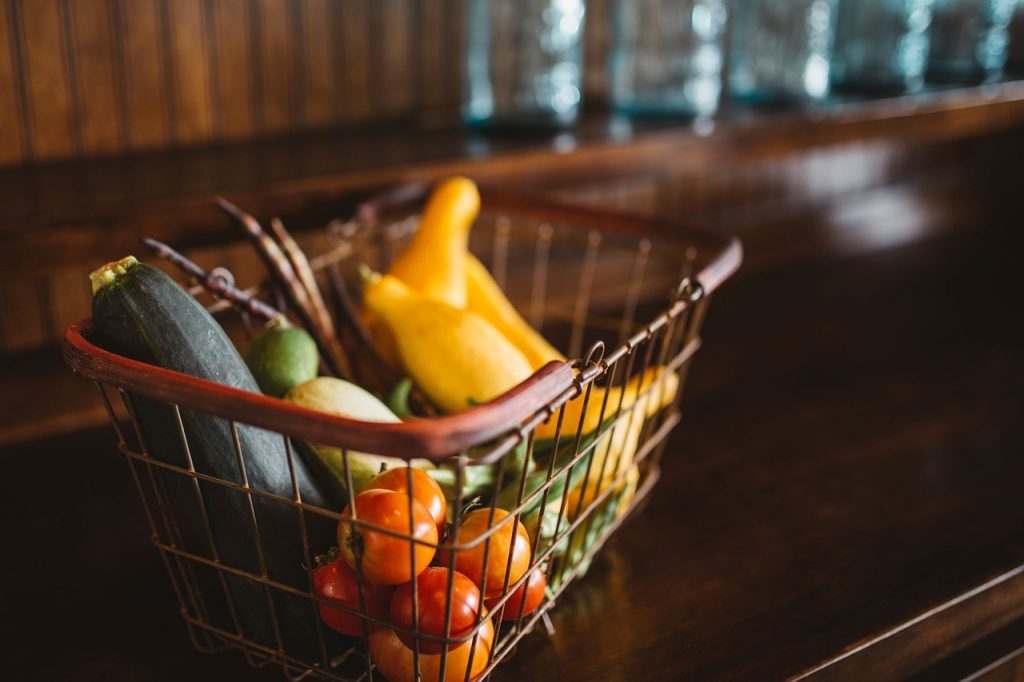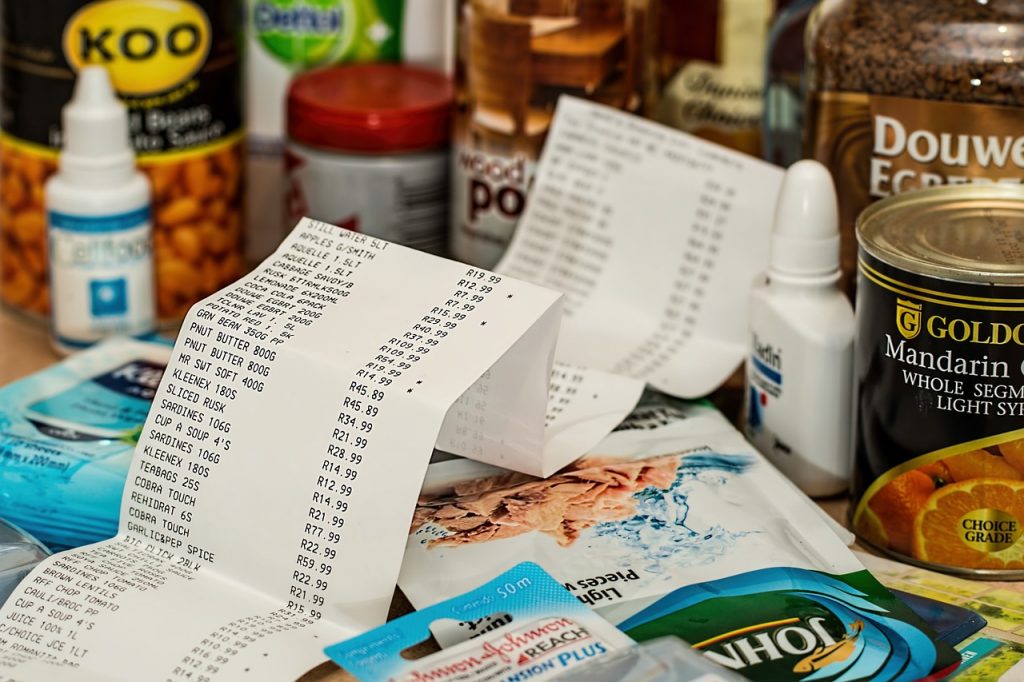Grocery Taxes Are Going Away?
In light of rampant inflation, some states are considering eliminating grocery taxes to alleviate inflation-related burdens.
This article is more than 2 years old

The price of living is going up nationwide. From fuel to food to houses, the cost of the necessities has worried Americans in the last few months. With many grocery stores impacted by the surge of the expenses for their items, changes are being made to keep products affordable. Some states are considering removing grocery taxes on store foods so that Americans can afford necessary produce and goods.
Inflation for everyday items has put low-class and middle-class Americans in frustrating financial positions. Some states are figuring out how to keep inflation down and make grocery store products relatively affordable by providing an exemption from taxation. According to a new report by the Tax Foundation, this might be more helpful to the middle class than any other socioeconomic group. This may be to the insignificant tax reduction that certain states are contemplating.
Instead of removing the grocery store tax, many points to stimulus money like the government provided early in the COVID pandemic. A one-time credit of $75 could aid low-income families and could save them 31% on their tax liability. This would be called a grocery-store credit and handed out by the individual grocery stores themselves. Though this reduction was estimated by an independent tax policy nonprofit, this is not a long-lasting solution if inflation continues to escalate.
Jared Walczak, vice president of the Tax Foundation, agreed that halting grocery store taxes wouldn’t effectively help those in need. “Grocery tax credits” would help more low-income families than a tax exemption, said the VP, but didn’t elaborate on why offering one-time credit would be more beneficial. Though these organizations are showing more support for credit options, states around the nation are moving forward with a tax exemption. Already, six states have reduced the rate of their grocery store taxes, which include Arkansas, Illinois, Missouri, Tennessee, Virginia, and Utah.

As of today, 13 states have grocery taxes imposed on their residents. Seven states tax consumers at their standard sales tax rate, varying from six to seven percent. Four out of the thirteen states already have one-time credit options for low-income residents, including Hawaii, Kansas, Oklahoma, and Idaho. The other states have grocery taxes but work to lower the imposed levies to provide necessary relief for struggling residents.
Other states are issuing different exemptions on other taxes instead of a grocery tax reduction. Connecticut, Georgia, and Maryland have already removed gas taxes on their states’ gas stations, another monetary issue affecting most Americans in the country. Since fuel is arguably the most costly necessity in the nation, cutting this expense could also help residents afford their produce and food necessities.
Not eliminating a grocery tax is a severe problem for many Americans and could force many into experiencing food insecurity. The customer price index for food prices shows a stark bump from one year ago, with food averaging 8.8% more than it did in April 2021. This increase is the largest to occur in over 40 years. Gas also a jumped an unfathomable amount, with prices averaging more than 10% higher than the previous year.











